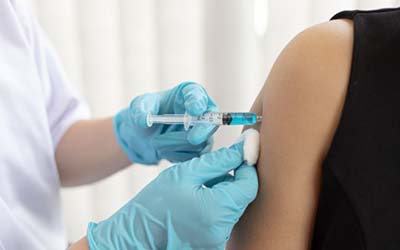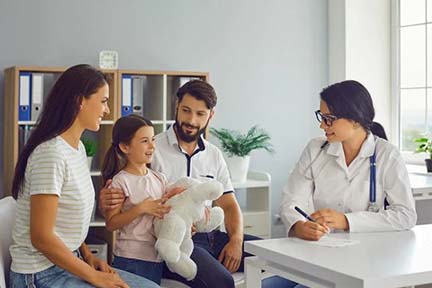
MDHHS seeks participants for community influencer
Press Release FOR IMMEDIATE RELEASE: March 21, 2024 CONTACT: Chelsea Wuth, 517-241-2112, [email protected] MDHHS seeks additional participants for community influencer program informing social determinants of health strategy LANSING, Mich. – Michigan community residents are helping to improve access to social care resources like housing, transportation and food as part of the Michigan Department of Health and Human Services (MDHHS) social determinants of health (SDOH) community influencer program. The program fosters community engagement, addresses barriers such as food insecurity and affordable housing and advances health equity by leveraging the power of local influencers from different regions across Michigan. MDHHS is currently seeking additional residents to participate in this program. MDHHS is seeking 35 influencers from across the state and is specifically recruiting community health workers, including family advocates, navigators and outreach workers. However, anyone is welcome to apply. Applicants will be required to complete a background check and will be evaluated on their ability to improve community health, the network they are involved in within their community and the time they can commit to the program. As part of the SDOH strategy, the community influencer program brings together a diverse group of trusted community members. These individuals represent the authentic voices of local communities whose input will improve SDOH programs and delivery of services. “Continuous learning from the perspective of our trusted community partners is a crucial component in informing our social determinants of health policy,” said Elizabeth Hertel, MDHHS director. “By actively involving these engaged community members, MDHHS will improve awareness and access to resources, ultimately leading to better health outcomes for all Michigan residents.” The program is structured around three key phases:
The SDOH Community Influencer Program membership currently includes 43 individuals across Michigan, with representation from various populations and communities facing social determinants of health challenges. What is a community influencer? A community influencer is a person who shares input regarding their community’s needs. Influencers will have a working relationship with MDHHS, as well as local community partners. What does a community influencer do? Community influencers will provide feedback on programs and share experiences. MDHHS wants to hear about challenges in communities that may prevent people from having happy and healthy lives. Why should I be a community influencer? Make a difference in your community. A community influencer can help enhance decision-making to inform policies and improve programs and services that benefit the needs of the local community, such as food insecurity and housing. Input will ultimately help to improve health outcomes and advance equity in Michigan. Who can be a community influencer? The community influencer program is open to any Michigan resident with an interest in improving the health and well-being of their community. Influencers must be 18 years of age or older. MDHHS recognizes the valuable time, effort and expertise shared by community influencers and has developed a compensation plan for their contributions. Community influencers will receive a monthly compensation of $75 for their active participation in meetings, focus groups, surveys and social media engagement. In-person orientation session attendance will be compensated with an additional $100. We invite community members from across the state to fill out an interest form to apply to become a community influencer and help shape a healthier and more equitable future for our communities. For more information about the SDOH Community Influencer Program and how to get involved, please visit, Michigan.gov/SDOH. |






